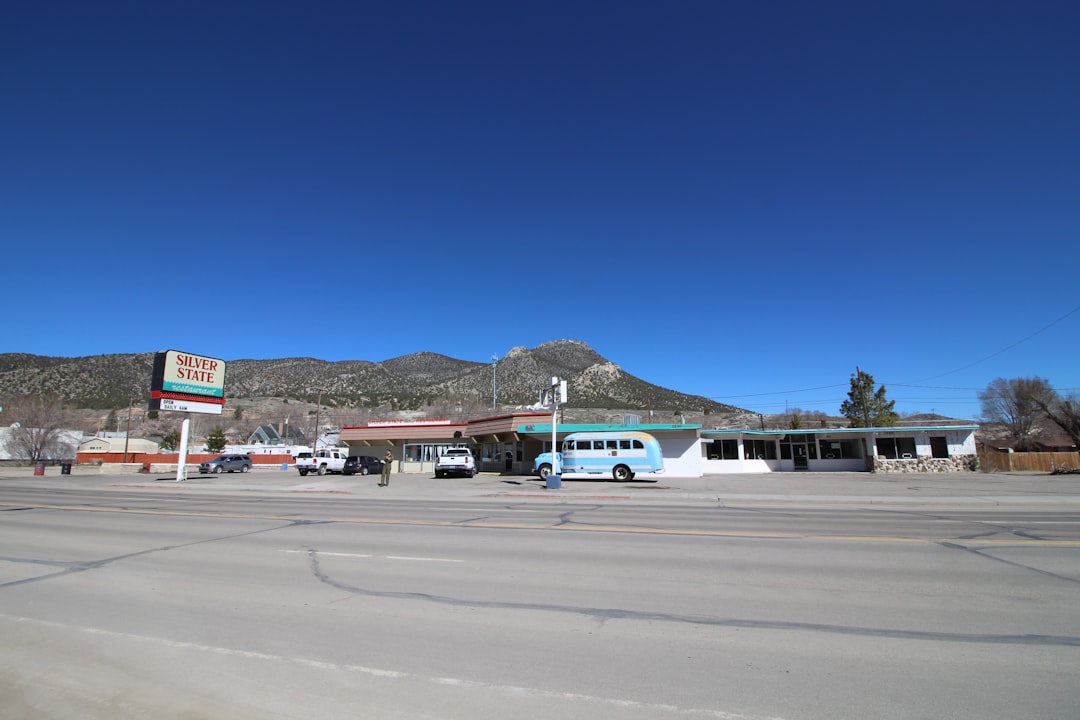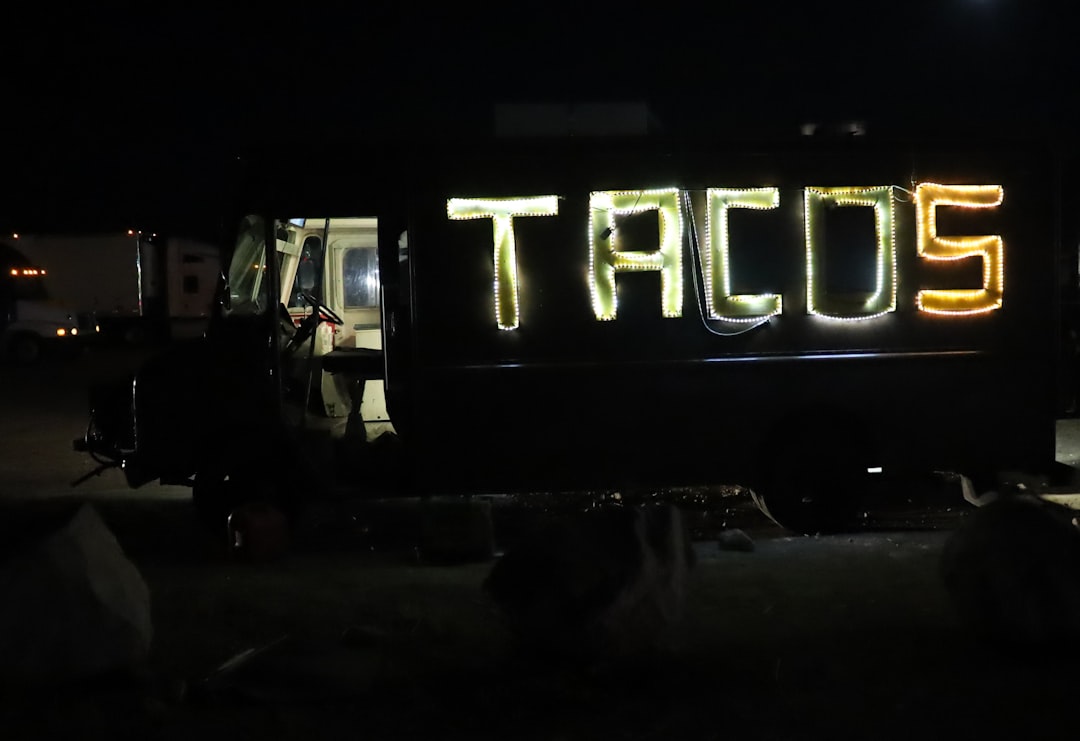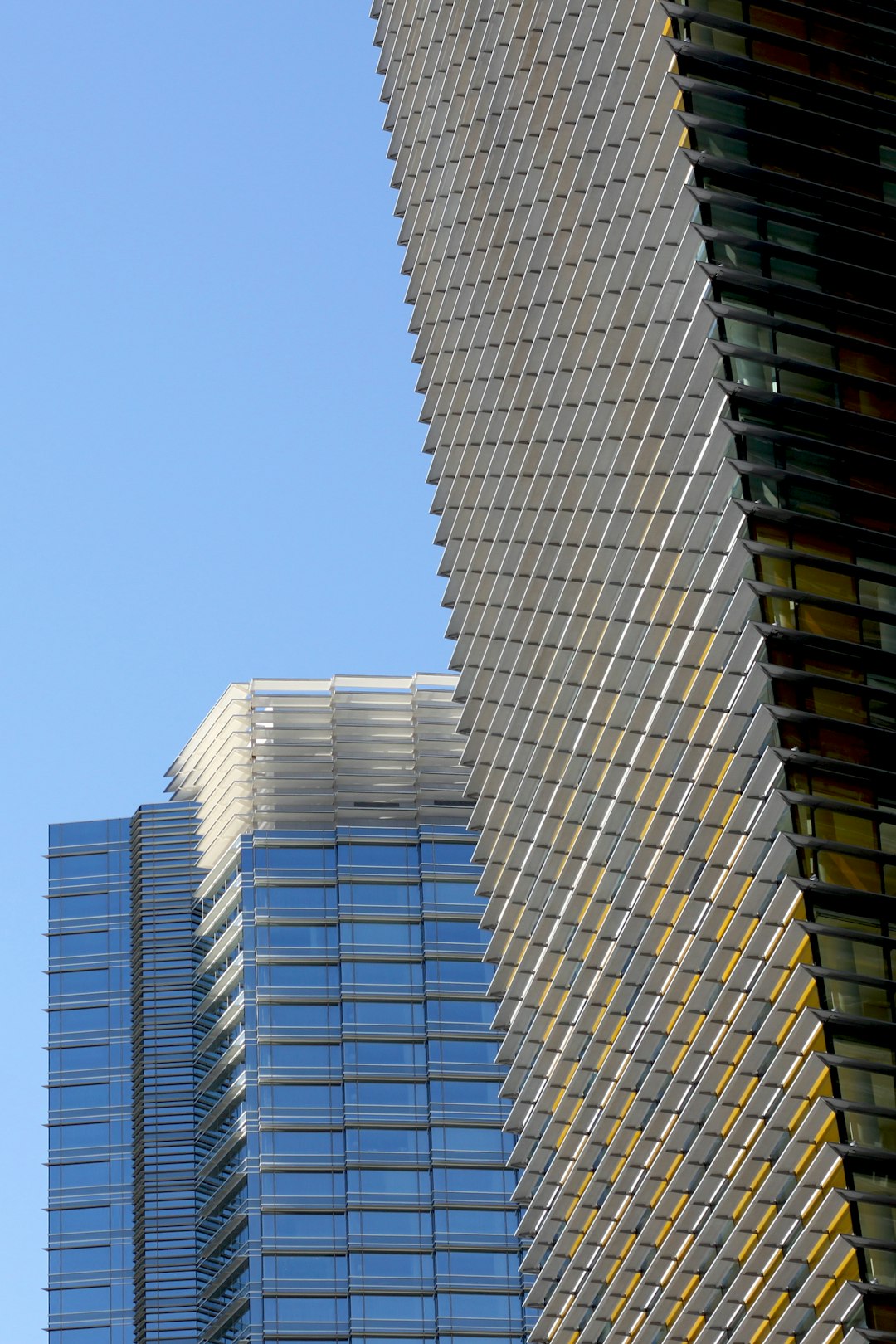Automated or robocalls are a common nuisance in North Las Vegas and across the US. The Telephone Consumer Protection Act (TCPA) restricts business phone contact and offers protections against excessive or inappropriate robocalls. If you've experienced spam calls, understanding your rights under the TCPA is crucial. Nevada has strict regulations against spam calls, allowing legal action against violators. Documenting evidence of robocalls, including phone numbers, dates, times, messages, and recordings, is essential for potential legal actions. Selecting a specialized spam call lawyer in Nevada who understands TCPA laws can help you pursue compensation.
“Tired of relentless robocalls in North Las Vegas? You’re not alone. Understanding your rights under Nevada’s stringent spam call laws is crucial. This comprehensive guide equips you to combat unwanted automated calls by detailing the steps to document and report them effectively. Learn how to gather evidence for a potential lawsuit, navigate the legal process with a specialized spam call lawyer in Nevada, and reclaim your peace of mind. Discover your options when considering if you can sue for robocalls in Nevada and connect with trusted spam call law firms for expert guidance.”
Understanding Robocalls and the TCPA in Nevada

In North Las Vegas, like across the United States, automated or robocalls have become a prevalent nuisance. These pre-recorded messages, often unsolicited, are used for marketing purposes and can be considered spam calls. The Telephone Consumer Protection Act (TCPA) is a federal law designed to curb such practices by restricting how businesses contact consumers via phone. If you’ve been subjected to excessive or inappropriate robocalls, understanding your rights under the TCPA is crucial.
In Nevada, as in many states, there are strict regulations regarding spam calls. If a company violates these rules by calling you without prior consent (often indicated by not having given explicit permission or being on a ‘Do Not Call’ list), you may have grounds to take legal action. A spam call law firm or lawyer specializing in the TCPA can guide you through this process, helping determine if you can sue for robocalls in Nevada and potentially seek compensation for any distress or inconvenience caused.
Your Rights Under Nevada's Spam Call Laws

In North Las Vegas, residents are protected by Nevada’s stringent spam call laws, designed to combat unwanted automated calls, also known as robocalls. These laws provide clear guidelines on consumer rights and offer a legal framework for taking action against persistent or abusive robocallers. If you’ve been bothered by frequent robocalls, know that you have options.
Under Nevada’s Spam Call Laws, specifically the Telephone Consumer Protection Act (TCPA), residents can take legal action against companies or individuals who make unsolicited calls using automated dialing systems. If a spam call violates these laws, you may be entitled to compensation for each violation. A spam call law firm or lawyer specializing in TCPA cases in Nevada can guide you through the process of documenting and reporting these calls, assisting with potential legal actions, and helping you determine if you can sue for robocalls in Nevada.
Documenting Robocall Evidence for a Lawsuit

If you’ve been subjected to unwanted robocalls in North Las Vegas, documenting evidence is crucial if you’re considering legal action. The first step is to gather all relevant information about the calls. Note down the phone number of the caller, the date and time of each call, and any specific details like the message left or the company’s name. Save voice messages or recordings as these can be powerful pieces of evidence. Many modern smartphones have built-in call recording features, making it easier to capture these interactions.
For text-based robocalls, take screenshots of any spammy messages or pop-up ads. Also, review your call history for any patterns or recurring numbers. Organize this data and keep a log, as it will be essential if you decide to consult with a spam call law firm or lawyers specializing in the Spam Call Law (TCPA) in Nevada. Having comprehensive documentation increases your chances of success when considering legal action against the culprits behind these intrusive calls.
Choosing the Right Spam Call Lawyer in Nevada

When considering legal action against robocallers, choosing the right spam call lawyer in Nevada is a crucial step. Look for a law firm specializing in TCPA (Telecommunications Consumer Protection Act) cases, as this federal law protects consumers from unwanted automated calls. The best spam call lawyers in Nevada will have extensive experience dealing with robocall lawsuits and a proven track record of success.
Reputable spam call law firms in Nevada should offer free consultations to discuss your case and guide you on the legal options available. They must be adept at navigating the complexities of TCPA litigation, ensuring that you receive fair compensation for any harassment or disruption caused by robocalls. Additionally, consider a lawyer who communicates clearly and provides transparent updates throughout the legal process.
Steps to Take After Suing for Robocalls in NV

If you’ve been a victim of persistent robocalls in North Las Vegas, knowing your rights and taking action is essential. After documenting and identifying the calls as spam, one effective course of action is to consult a Spam Call Law Firm Nevada or Spam Call Lawyers Nevada. These legal professionals specialize in representing clients affected by unwanted automated calls, often using the TCPA (Telecommunications Consumer Protection Act) Nevada to their advantage.
Upon retaining a lawyer, you’ll want to follow these steps: collect evidence of the calls, including timestamps and recordings; compile a list of all contact details associated with the robocalls; and discuss your case with your attorney to understand your legal options and potential avenues for compensation. Don’t hesitate to seek justice; many Spam Call Law Firms Nevada offer free consultations, ensuring accessibility to those seeking redress for nuisance calls.






